- Home
- Blog
- Women Care
HPV Vaccine: Four Important Reasons To Get The Human Papillomavirus Vaccine Shot
Women Care
HPV Vaccine: Four Important Reasons To Get The Human Papillomavirus Vaccine Shot
By Apollo 24|7, Published on- 26 July 2022, Updated on -18 October 2022
Share this article
0
1 like

The very mention of ‘cancer’ is enough to instil fear in our minds. Fortunately, we now have vaccines that can help prevent certain types of cancer. One such vaccine is the HPV vaccine. It protects against the human papillomavirus - a sexually transmitted virus that affects nearly 50% of sexually active individuals at some point in time.
While there are several types of HPV, some of the strains can cause cancers of the cervix, vulva, vagina, penis, and anus. Health experts suggest that getting vaccinated against the HPV virus can significantly reduce the risk of developing these cancers. Some scientifically proven benefits of getting the HPV vaccine are:
1. Reduces your risk of getting HPV infection
Researchers say that majority of the unvaccinated adult individuals who are sexually active will likely contract the HPV at some point. In fact, millions of Indians are believed to get infected with the virus every year. While most HPV infections resolve on their own, some can lead to cancer. Therefore, it is best to get the HPV vaccine to avoid getting infected in the first place.
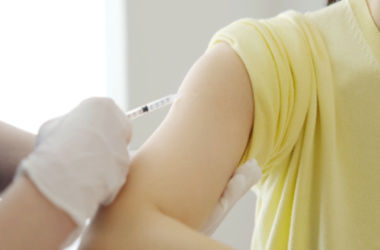
2. The HPV vaccine is very effective
The HPV vaccine was recommended for use in the US in 2006. Since then, new cases of HPV infections, cervical precancers, and genital warts have declined considerably. Other countries that have implemented HPV vaccination programmes have also observed a similar drop in new cases, proving the effectiveness of the vaccine.
3. Prevention is better than cure
HPV infection puts millions of Indians at risk of different types of cancer. Except for cervical cancer, most other cancers caused by the virus largely remain undetected until they become severe. While treatment for such cancers exists, it can take a toll on your physical, emotional, and financial well-being. On the other hand, HPV vaccination is a low-cost option to prevent the infection that increases the risk of these cancers.
4. The HPV vaccine is completely safe
HPV vaccines are completely safe. Since the introduction of the vaccine in the US, more than 13.5 crore doses have been administered to the eligible population. The follow-up monitoring and reviews have proved that the benefits of inoculation far outweigh the potential risks. However, like all other vaccines, HPV vaccines can produce mild side effects such as pain and swelling in the arm where the shot was given.
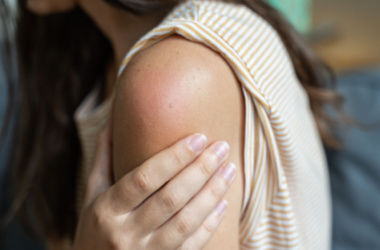
Human papillomavirus affects nearly every sexually active individual. In most cases, the virus goes away on its own without causing any medical problem. However, certain strains of HPV can cause cervical or other types of cancer in some people. Using condoms during sex and getting regular cervical cancer screening can help you minimize your risk of contracting HPV. Nevertheless, the best way to prevent HPV complications is to get vaccinated against the virus. If you still have any concerns about the vaccine, you can consult a qualified physician to know more about its pros and cons.
Services
Women Care
Leave Comment
Services
Recommended for you
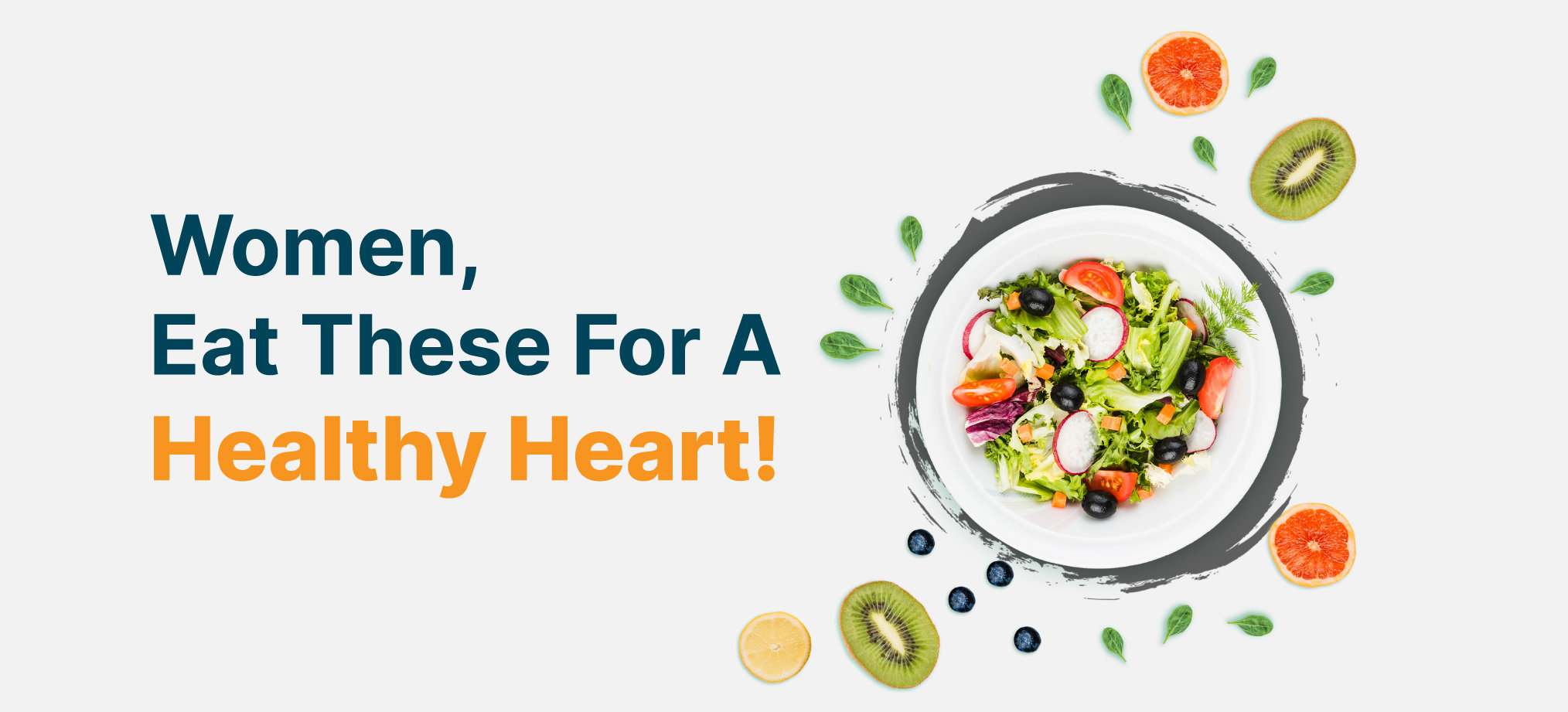
Women Care
Dear Women, This Is Exactly Why You Can’t Go Low On Potassium!
This article focuses on determining the daily requirements for potassium in women and the negative effects of taking too much or too little of it.
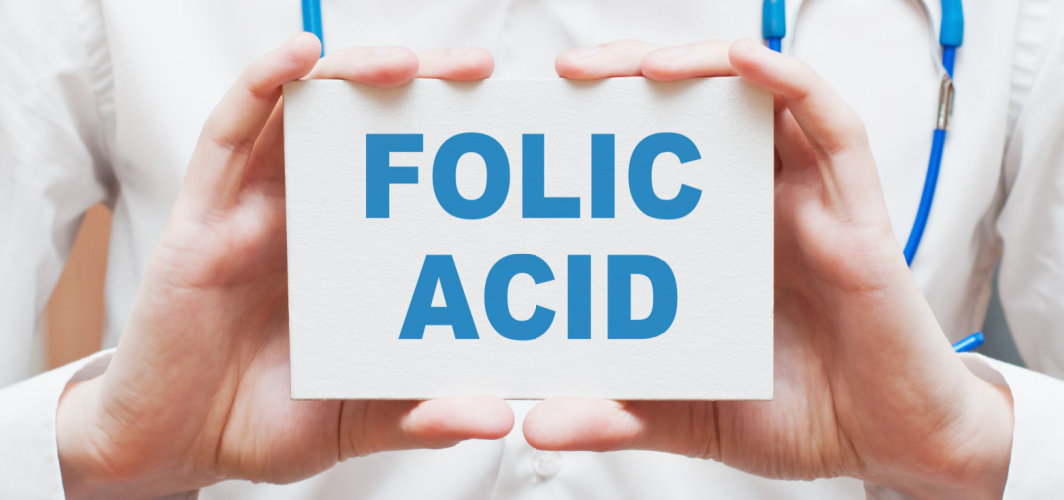
Women Care
Managing Iron Deficiency With Orofer XT
Learn about the uses, side effects and precautions of Orofer XT. Stay informed about the latest guidelines and technologies related to this medication.
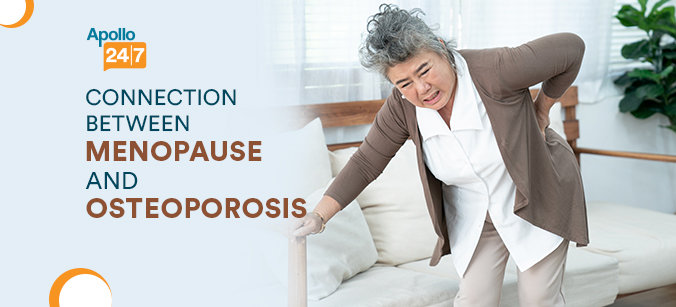
Women Care
Menopause and Osteoporosis: When to Start Worrying About Your Bones?
Oestrogen, an important hormone that strengthens the bone mass, drops substantially around menopause. Thereby, dropping an average woman's bone mass by up to 10% in the first five years after menopause. Read more to know how you can prevent weak and brittle bones as you reach your 50's.
Subscribe
Sign up for our free Health Library Daily Newsletter
Get doctor-approved health tips, news, and more.

